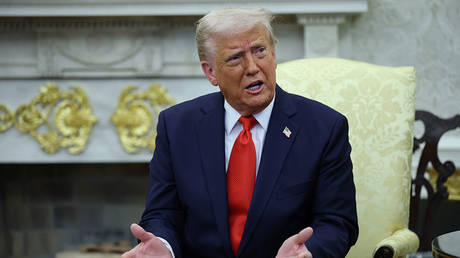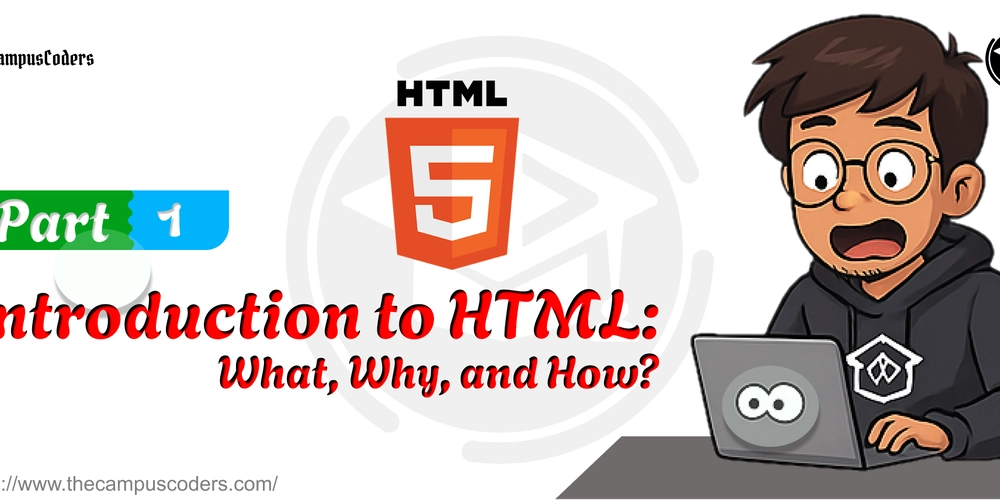Supreme Court lifts orders blocking Trump from deporting Venezuelans under Alien Enemies Act
The Supreme Court vacated a judge's order temporarily blocking the Trump administration from using the Alien Enemies Act (AEA) to deport Venezuelans, enabling the administration to resume removals under the wartime powers. The matter before the Supreme Court was not whether the Trump administration properly used its wartime power to expel those it has accused...

The Supreme Court vacated a judge's order temporarily blocking the Trump administration from using the Alien Enemies Act (AEA) to deport Venezuelans, enabling the administration to resume removals under the wartime powers.
The matter before the Supreme Court was not whether the Trump administration properly used its wartime power to expel those it has accused of being gang members but from where those challenging their removal must launch their suits.
While the order requires those challenging Trump's use of the Alien Enemies Act to do so in Texas, where they are being detained, the court dealt a blow to the Trump administration's swift removal of migrants without hearings.
The court said Venezuelans they seek to deport must have adequate notice in order to be able to challenge their removal — confronting the administration's removal of men without giving them the ability to contest their alleged gang ties.
"AEA detainees must receive notice after the date of this order that they are subject to removal under the Act. The notice must be afforded within a reasonable time and in such a manner as will allow them to actually seek habeas relief in the proper venue before such removal occurs," the court wrote in a per curium order, adding that the decision "confirm[s] that the detainees subject to removal orders under the AEA are entitled to notice and an opportunity to challenge their removal."
A dissenting opinion likewise blasted the Trump administration for taking "covert" actions to quickly deport Venezuelans without any outside review.
"The Government's plan, it appeared, was to rush plaintiffs out of the country before a court could decide whether the President's invocation of the Alien Enemies Act was lawful or whether these individuals were, in fact, members of Tren de Aragua," Justice Sonia Sotomayor wrote, referring to the Venezuelan gang.
The order lifts a temporary restraining order imposed by U.S. District Court Judge James Boasberg, based in Washington, D.C., who had blocked the Trump administration from using the act to send Venezuelan migrants to a Salvadoran prison.
Trump and his allies have criticized the judge ever since and called for his impeachment, earning a rare public rebuke from Chief Justice John Roberts. Boasberg is an appointee of former President Obama and was previously appointed by the younger former President Bush to a local court.
The decision comes the same day that the court halted the Monday deadline for the Trump administration to secure the return of Kilmar Abrego Garcia, a Maryland man and Salvadoran national who was mistakenly sent to the same prison under a different authority despite a 2019 order protecting him from deportation. Justice Department attorneys said he was sent to the prison due to an "administrative error."
The high court's action will allow the Trump administration to resume flights to El Salvador, where it has paid the government there $6 million to house Venezuelan migrants in the country's Terrorism Confinement Center, known as CECOT for its acronym in Spanish.
Though the Alien Enemies Act has been little used in America's history, Trump's use of the law to target alleged gang members is a novel one. The law allows for the swift deportation of anyone from an "enemy nation" and comes as President Trump has accused the Tren de Aragua gang of acting at the behest of the Venezuelan government.
“The Supreme Court has upheld the Rule of Law in our Nation by allowing a President, whoever that may be, to be able to secure our Borders, and protect our families and our Country, itself. A GREAT DAY FOR JUSTICE IN AMERICA!” Trump wrote on Truth Social shortly after the ruling.
However, the dissenting justices, who included Sotomayor as well as Justices Elena Kagan and Ketanji Brown Jackson, in an opinion joined in part by Justice Amy Coney Barrett, questioned Trump’s legal underpinning for activating the act.
"There is, of course, no ongoing war between the United States and Venezuela. Nor is Tren de Aragua itself a 'foreign nation,'" they wrote.
Though Abrego Garcia was sent to the prison through immigration authorities, critics say it shows the high stakes of the Trump administration's swift deportation of Venezuelans.
They've highlighted the cases of other men sent to the prison who were accused of being in the gang largely on the basis of their tattoos. One man was accused of being a member of the Tren de Aragua gang based on having tattoos reading "mom" and "dad" in Spanish beneath a crown. Friends have said the crown was a nod to the Three Kings Day celebrations his hometown is known for.
Another, a soccer player, was identified as a gang member, citing his tattoos, but the designs were a nod to the Spanish soccer team Real Madrid.
Many, through attorneys, have denied any connection to the gang.
It's unclear how the Trump administration will incorporate the court's direction to offer sufficient notice to those who might face deportation under the AEA.
The lawsuit before the high court was brought on behalf of five migrants who fear they will be deported under the AEA.
While they launched a suit and remain in custody in Texas, more than 100 others were sent to CECOT on a March flight.
Also unclear is what will happen to the case before Boasberg as he weighs whether the Trump administration violated an oral order to turn around or halt the flights carrying the 100 men.
In a hearing last week, Boasberg said he was mulling contempt hearings and said the Trump administration "acted in bad faith throughout that day."
"If you really believed everything you did that day was legal and could survive a court challenge, I can't believe you ever would have operated the way you did," Boasberg said.
Regardless, the American Civil Liberties Union, which is representing the men suing over the Alien Enemies Act, will now have to launch their suit anew in Texas.
“The critical point of this ruling is that the Supreme Court said individuals must be given due process to challenge their removal under the Alien Enemies Act. That is an important victory,” Lee Gelernt, deputy director of the ACLU’s Immigrants’ Rights Project and lead counsel on the case, said in a statement.
The dissenting justices excoriated the administration for abusing the Alien Enemies Act.
They referred to Trump's signing of the proclamation on the act — not announced until many hours later — as well as the notice to some migrants they would be moved to an unknown destination as part of a "covert preparation to skirt both the requirements of the Act and the Constitution's guarantee of due process."
"The Court's decision to intervene in this litigation is as inexplicable as it is dangerous. Recall that, when the District Court issued its temporary restraining order on March 15, 2025, the Government was engaged in a covert operation to deport dozens of immigrants without notice or an opportunity for hearings. The Court's ruling today means that those deportations violated the Due Process Clause's most fundamental protections," Sotomayor wrote.
"The Government's conduct in this litigation poses an extraordinary threat to the rule of law. That a majority of this Court now rewards the Government for its behavior with discretionary equitable relief is indefensible. We, as a Nation and a court of law, should be better than this."
— Updated at 8:56 p.m. EDT








![[FREE EBOOKS] Machine Learning Hero, AI-Assisted Programming for Web and Machine Learning & Four More Best Selling Titles](https://www.javacodegeeks.com/wp-content/uploads/2012/12/jcg-logo.jpg)



















.jpg)











































